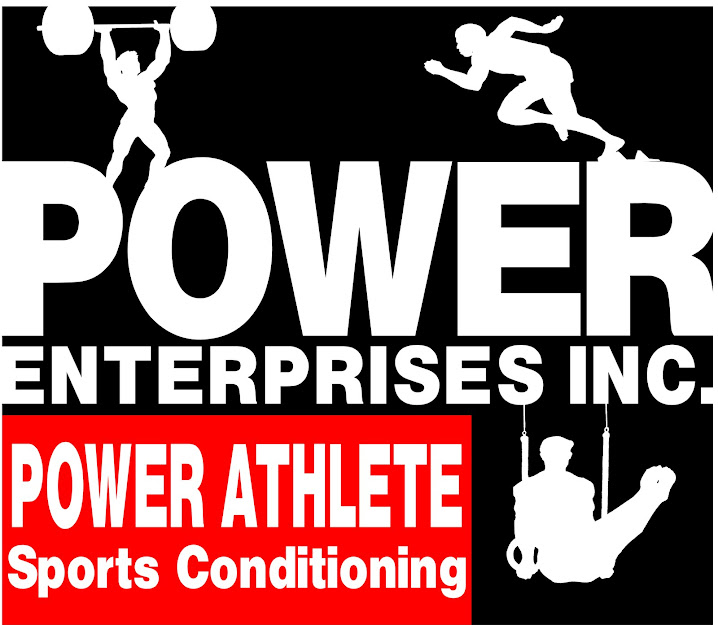As I have stated in past posts, the body responds to stimulus. Training and nutrition should also be designed to cause the necessary stimulus (training) and then aid in recovery with the proper nutritional strategy. The research has shown that a 3:1 balance of carbohydrate to protein within 60-90 minutes after exercise does improve recovery rates, glycogen resynthesis, and decreasing post workout soreness, decreases post exercise catabolism, and increases in muscle growth. The preferred form is that of a shake, in which it components are in their most basic form, (read whey protein powder) and the sugars are as simple as possible (read Gatorade, or something similar). Where it is true that whey protein breaks down in your system slower than other forms such as BCAA or whey hydrolysate, the availability is such that it make it hard to find to make a homemade product. Ready made products such as Accelerade, do use a hydrolysate protein, so feel free to use them if expense is not an issue.
The last issue is exertion or stimulus. The uptake of this precise ratio of nutrients only makes a difference if the appropriate stimulus has been applied to the body, in which case the body will be looking to absorb them to replenish itself. This goes back to an earlier post about osmosis athletes. If you have had a maximally exertion workout, with maximal or near maximal intensity then you need to worry about this type of nutrition. If you have climbed 20 miles of hills on a bike, swam a 4 hour practice, gone through what the University of Dayton Girls Volleyball Team is presently going through (read weed out hell), or sprinting through a nasty kettlebell circuit, then you need this type of nutrition. If you are taking a stroll around the park or a quick ride on the bike path, these are probably extra calories you don't need.
Without the proper stimulus, supplementation is useless.
Levenhagen et al. (2001). Postexercise nutrient intake timing in humans is critical to recovery of leg glucose and protein homeostasis. Am.J.Physiol Endocrinol.Metab. 280(6): E982-993.
Borsheim E, Tipton KD, Wolf SE, Wolfe RR. Essential amino acids and muscle protein recovery from resistance exercise. Am J Physiol Endocrinol Metab. 2002 Oct;283(4):E648-57.
Dangin M, Guillet C, Garcia-Rodenas C, Gachon P, Bouteloup-Demange C, Reiffers-Magnani K, Fauquant J, Ballevre O, Beaufrere B. The rate of protein digestion affects protein gain differently during aging in humans. Physiol. 2003 Jun 1;549(Pt 2):635-44.
